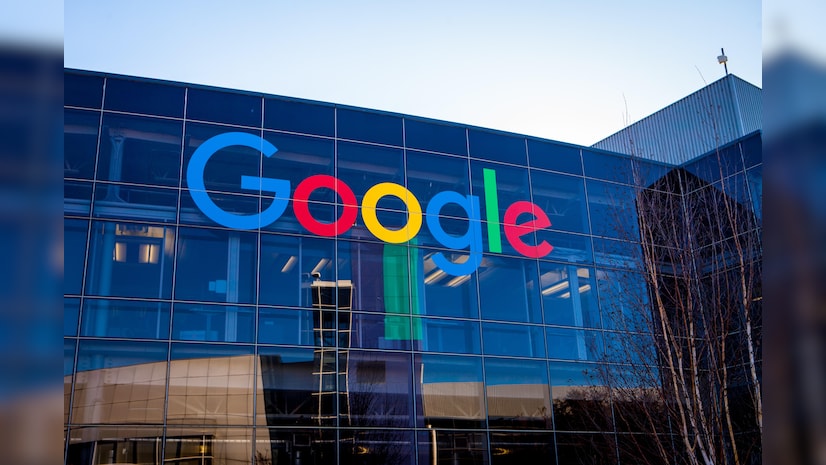Google Faces Antitrust Heat: A Potential Turning Point for Tech Regulation
The U.S. Department of Justice (DOJ) has intensified its legal battle against Google, alleging that the tech giant has abused its dominance in the digital advertising market. The core of the DOJ’s argument is that Google has manipulated ad auctions, stifled competition, and harmed both advertisers and publishers.

Google’s Ad Tech Dominance
Google’s advertising technology, particularly its Ad Manager and AdX platforms, plays a crucial role in the digital advertising ecosystem. These platforms facilitate the buying and selling of ad space, connecting advertisers with publishers. However, the DOJ contends that Google has used its dominance to create a self-serving system that limits competition and drives up prices for advertisers.
The Impact on Publishers and Advertisers
The DOJ alleges that Google’s practices have harmed publishers by reducing their revenue and limiting their negotiating power. Additionally, advertisers may face higher costs due to reduced competition and less transparency in the ad auction process.
Google’s Defense
Google has vehemently denied the allegations, arguing that its ad technologies benefit both publishers and advertisers by streamlining the process and improving ad targeting. The company has emphasized its commitment to fair competition and innovation.
The Potential Consequences
A ruling against Google could have significant implications for the tech industry. The DOJ may seek structural remedies, such as forcing Google to divest parts of its advertising business or impose stricter regulations on its ad tech practices.
- Divesting Ad Tech: A potential remedy could involve separating Google’s ad tech business from its search and other core businesses. This would create a more competitive landscape and reduce Google’s market power.
- Increased Regulatory Scrutiny: A negative verdict could lead to increased regulatory scrutiny of Google and other tech giants, potentially resulting in stricter antitrust laws and regulations.
The Broader Tech Industry Implications
The outcome of the Google case could have ripple effects on other tech companies, particularly those with significant market power. Other tech giants, such as Apple, Amazon, and Meta, may face increased scrutiny from regulators and antitrust authorities.
As the trial unfolds, it will be crucial to monitor the judge’s decision and its potential impact on the future of the tech industry. The case could reshape the competitive landscape and set a precedent for how governments regulate powerful tech companies.
FAQs:
What is the main accusation against Google in the antitrust lawsuit?
The DOJ accuses Google of manipulating ad auctions to stifle competition and harm advertisers and publishers.
How could a ruling against Google impact the tech industry?
A ruling against Google could lead to increased regulatory scrutiny of other tech giants and could force Google to divest parts of its business.
What are the potential consequences for Google if it loses the case?
Google could be forced to divest parts of its ad tech business, face stricter regulations, and pay significant fines.
What is the role of the judge in this case?
The judge will decide whether Google’s practices violated antitrust laws and determine the appropriate remedies, if any.




